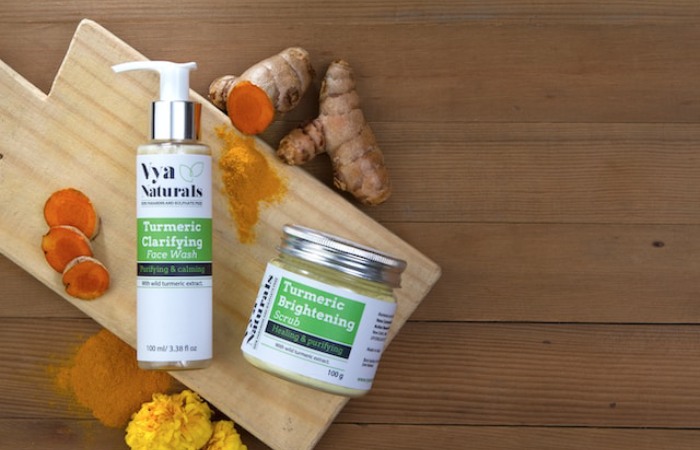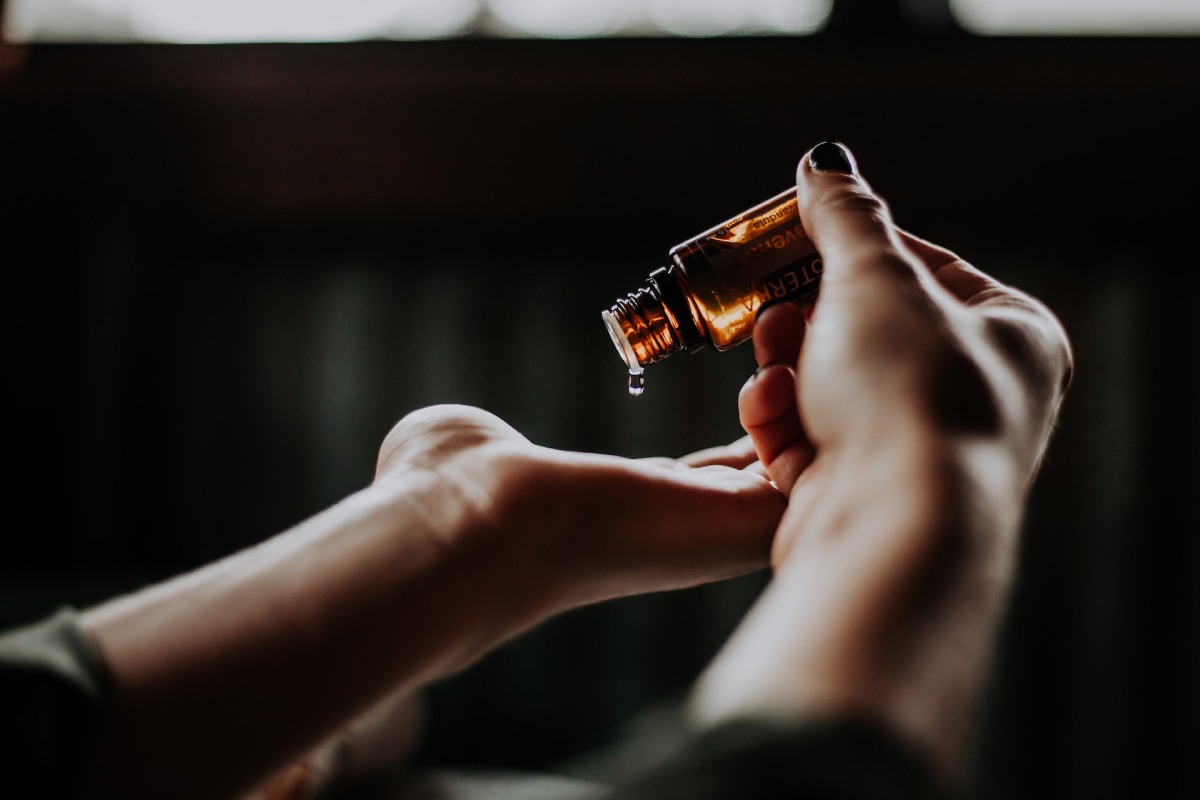Table of Contents
Introduction:
Dealing with acne scars and dark spots can be a challenging task, but there are effective skin care strategies that dermatologists often recommend. fade acne scars and dark spots, resulting in cleaner and more balanced skin. Never forget that seeing a dermatologist can help you decide which treatments are best for your particular skin type and condition.

Retinoids: Promote Skin Renewal
Retinoids, derived from vitamin A, are highly recommended by dermatologists for treating acne scars and dark spots. These compounds promote cell turnover and exfoliate the skin, which helps fade scars and even out skin tone. Prescription-strength retinoids like tretinoin or adapalene are known to be particularly effective. Over-the-counter retinol products can also provide benefits, although they may require more time to show noticeable results. Over time, dark patches and acne scars might seem significantly better when retinoids are used regularly.
Vitamin C: Brighten and Fade
Vitamin C serums used topically are another helpful weapon in the fight against dark spots and scars from acne. Vitamin C is well-known for its skin-brightening and antioxidant qualities. Vitamin C can aid in fading dark spots and promote a more even complexion by blocking melanin synthesis. Since L-ascorbic acid is the most stable and potent form of vitamin C, look for serums that include it. The look of dark spots and acne scars can be visibly improved using a vitamin C serum in your regular skin care regimen.+

Chemical Peels: Exfoliate and Renew
Chemical peels are a standard dermatological procedure to cure dark spots and acne scars. A chemical solution is apply to the skin during these peels, exfoliating the outer layer and promoting collagen formation. Alpha-hydroxy acid (AHA) or beta-hydroxy acid (BHA)-containing superficial peels are frequently advised for this use. Chemical peels can help lighten dark spots, reduce the visibility of scars, and enhance the skin’s tone and texture. It would help if you spoke with a dermatologist to find the right peel strength and frequency for your skin.
Microneedling: Stimulate Collagen Production
A device equipped with tiny needles is used in the microneedling process to inflict small punctures on the skin precisely. This procedure lessens dark spots and acne scarring by remodeling scar tissue and increasing collagen synthesis. Usually, a dermatologist or certified aesthetician does microneedling. It helps to revitalize the face and encourage a clearer complexion, making it a good treatment choice for dark spots and acne scars. To guarantee safety and the best possible outcome.

4 Skin Care for Acne Scars for Dark Spot According To Dermatologist
Information on skin care for acne scars and dark spots. It’s essential to consult with a dermatologist for personalized advice based on your specific skin type and condition. Here are four common skincare approaches that dermatologists may recommend for treating acne scars and dark spots:
Sunscreen Protection:
- Sunscreen is crucial for preventing further darkening of acne scars and protecting your skin from harmful UV rays.
- Dermatologists often recommend using a broad-spectrum sunscreen with at least SPF 30 daily, even on cloudy days.
Topical Treatments:
- Ingredients like retinoids, vitamin C, and alpha hydroxy acids (AHAs) can help promote skin cell turnover, improve skin texture, and fade dark spots.
- Retinoids, such as tretinoin or adapalene, encourage collagen production and exfoliate the skin.
- Vitamin C has antioxidant properties and can brighten the skin.
- Like glycolic acid, AHAs can aid in peeling off the skin’s outer layer to expose younger skin below.
Chemical Peels:
- Dermatologists can apply a chemical solution to the skin to exfoliate the outer layer, known as a chemical peel.
- Chemical peels encourage new, smoother skin formation, making acne scars look less noticeable.
- The usual setting for this operation is a dermatologist’s office.
Laser treatment or microneedling:
- Treatments like laser treatment and microneedling can increase collagen synthesis and enhance the skin’s overall texture.
- Dermatologists may suggest these therapies in circumstances when acne scarring is more severe.
- For best results, these procedures—often carried out in a dermatologist’s office—may need to be repeated several times.
it’s crucial to be patient, as treating acne scars and dark spots takes time. Additionally, using multiple products or undergoing procedures should be done under the guidance of a dermatologist to avoid potential side effects or complications. Always perform a patch test when introducing new products, and discontinue use if you experience irritation.

4 Effective Skin Care Strategies for Acne Scars and Dark Spots, Recommended by Dermatologists
Gentle Cleanser: Wash your skin twice daily with a soft, non-comedogenic cleanser.
Topical Treatments: Include topical treatments with retinoids, azelaic acid, and alpha hydroxy acids (AHAs). These components can aid in reducing dark spots and encourage the creation of collagen to enhance the skin’s texture.
Sun Protection: Apply a broad-spectrum sunscreen daily with an SPF of 30 or above. Sun exposure can exacerbate hyperpigmentation and increase the visibility of dark patches.
Seek Expert Assistance: For individualised guidance and treatment choices, speak with a dermatologist. They are able to determine the type of skin you have, the extent of the scars left by your acne, and suggest treatments like chemical peels, microneedling, or laser resurfacing.
Conclusion:
Acne scars and dark spots can be distressing, but dermatologists recommend effective skin care strategies. Incorporating retinoids, vitamin C serums, chemical peels, and microneedling into your skincare routine can help fade acne scars and dark spots, leading to a more transparent and even-toned complexion. Don’t forget to see a dermatologist to find the best action for your skin type and condition. Furthermore, remember to use sunscreen every day to shield your skin from additional harm and stop scars from deepening. You can attain considerable changes in the look of dark spots and acne scars with regular treatment and expert advice.
Also Read: What Is A Barbell Hip Thrust Pad, And What Are Its Benefits?


